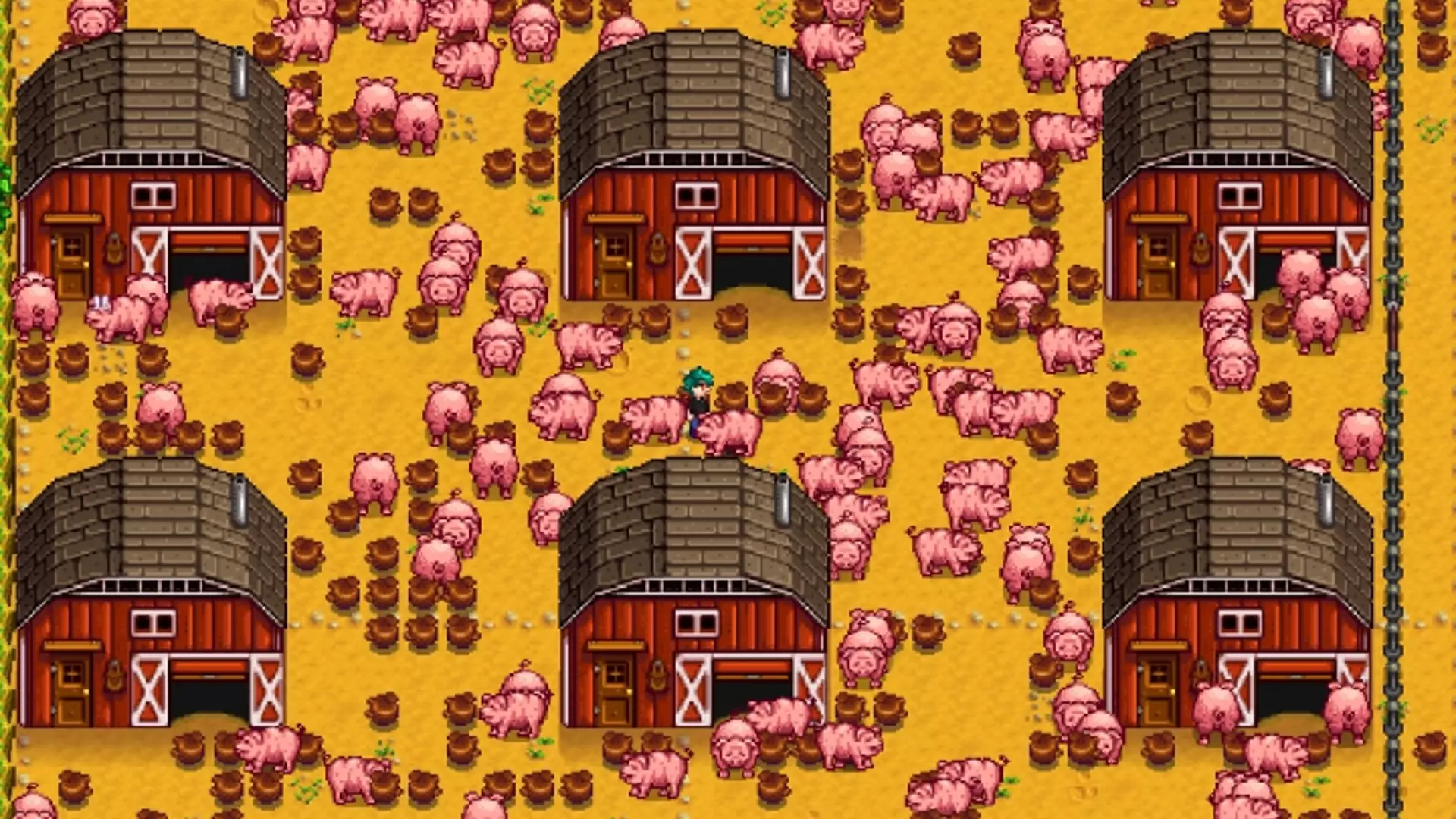In the vibrant world of Stardew Valley, Pierre stands as a figure both necessary and divisive. While designed as the local merchant, his reputation has garnered the ire of certain fans. Initially, creator Eric ‘ConcernedApe’ Barone expected Pierre to be a more nuanced character embraced by players. Instead, he has become the butt of jokes and hostilities within the community, marked primarily by his seemingly insufferable traits. The debate simmering around Pierre raises questions about how characters in video games are perceived versus their intended roles.
The Root of Unpopularity
At the heart of Pierre’s unpopularity lies his complex interplay with family, community, and competition. One might argue that his comments during daughter Abigail’s quest are awkward, revealing an overbearing father persona. Furthermore, he cultivates a layer of suspicion by secretly hoarding goods from his wife, exposing a darker side that clashes with the idyllic setting of Pelican Town. But what truly irks players is the fact that he shuts his store on Wednesdays, adding inconvenience to their gameplay.
These traits paint Pierre as selfish or inept, but such a reading overlooks crucial contextual factors. His existence reflects the struggles of small businesses in a world increasingly dominated by mega-corporations like Joja Mart. This dynamic presents a compelling commentary on economic resilience, making Pierre a symbol of local entrepreneurship.
The Complexity of Storytelling in Stardew Valley
Barone himself expressed surprise at the extent of Pierre’s backlash, admitting a certain advocacy for the hard-working shopkeeper. This dichotomy between player perception and creator intent invites further scrutiny into the complexities of storytelling within games. Barone’s reference to Pierre’s role in the community center quest subtly acknowledges his importance, presenting a twist that counters the perception of him as merely a bumbling antagonist.
Moreover, Barone recognizes that the narrative he crafted lacks the nuance that would allow players to empathize with Pierre’s struggles. By asserting that he created a polarized conflict—between siding with the community center and supporting Joja Mart—he reveals a clear delineation that doesn’t serve robust storytelling. If given the chance for a do-over, Barone would enrich the character’s storyline, allowing for more shades of gray rather than a defined battle between good and evil.
A Reflection on Empathy and Character Design
This situation prompts a broader conversation about empathy in the world of gaming. Characters are often met with harsh judgments based solely on surface traits without considering the depth of their situations. Pierre’s narrative illustrates how a few unflattering characteristics can overshadow a character’s purpose, especially when players are driven by their own motives and experiences in the game.
The conversation surrounding Pierre encourages players to approach characters with an open mind. By examining the motivations behind their actions and the narratives they inhabit, players can foster a deeper connection to the game and its world. The complexity of characters like Pierre serves to enrich the gaming experience, inviting us to see past the surface into the broader tapestry of storytelling that makes Stardew Valley an engaging adventure.

